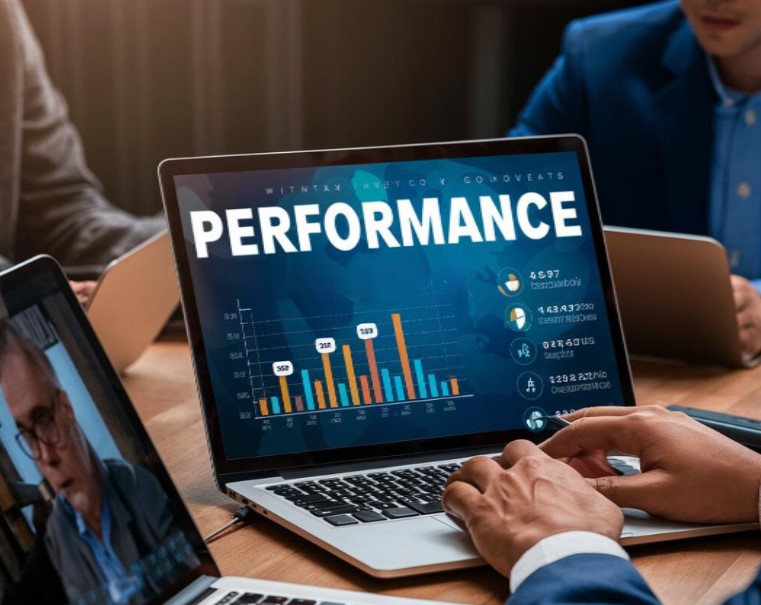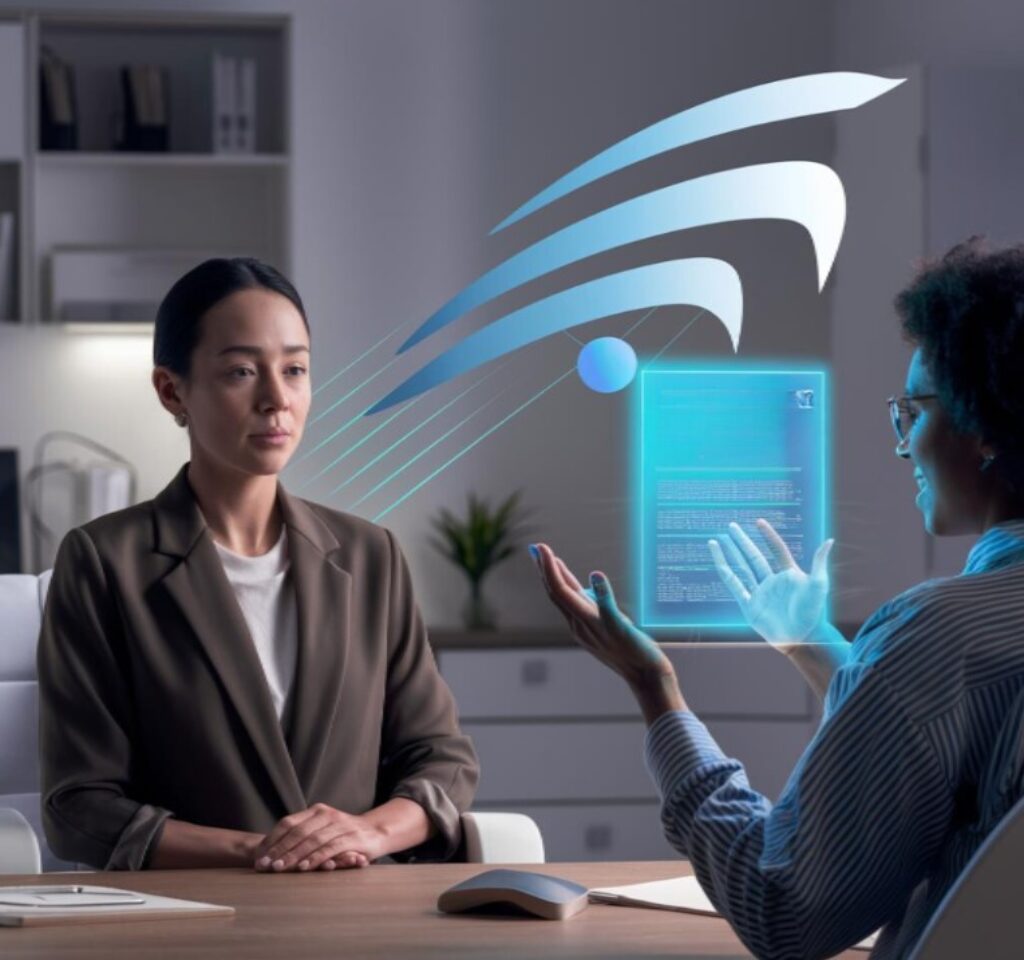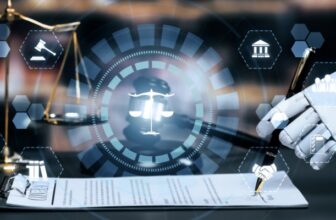
The shift to remote work has fundamentally altered many aspects of organizational operations, including performance appraisals. Remote performance appraisals present unique challenges and opportunities, requiring a reevaluation of traditional methods to ensure they are effective and equitable.
This essay explores best practices for conducting performance appraisals remotely, focusing on preparation, communication, technology use, fairness, and continuous improvement.
Table of Contents
1. Preparation: Setting the Stage for Success
Preparation is crucial in the context of remote performance appraisals. It involves not only scheduling and logistics but also ensuring that both the appraiser and the employee are well-prepared with the necessary information and tools. Effective preparation includes:
- Goal Alignment: Before the appraisal, managers should align the review process with the organization’s goals and the employee’s career aspirations. This alignment helps in setting clear expectations and understanding the criteria for evaluation.
- Documentation and Data Gathering: Both parties should have access to performance data, previous reviews, and any relevant communication that can substantiate the appraisal. Collecting and organizing this information beforehand minimizes biases and focuses the discussion on facts and achievements.
- Technology Check: Ensuring that all parties are comfortable with the technology to be used (video conferencing tools, shared documents, etc.) is essential. A technology trial run can help identify and mitigate any technical issues that could interrupt the appraisal process.
2. Effective Communication: More Than Just Words
Communication in a remote setting demands clarity and empathy, as non-verbal cues are less observable. Best practices in communication during remote appraisals include:
- Clear Expectations: Clearly communicate the structure and goals of the appraisal in advance. This includes how the meeting will run, what topics will be covered, and what feedback mechanism will be used.
- Active Listening: Encourage a two-way conversation. Appraisers should practice active listening, which involves acknowledging the employee’s feedback and concerns, thus fostering a productive and open dialogue.
- Feedback Quality: Feedback should be specific, measurable, achievable, relevant, and timely. Constructive feedback helps in personal and professional development, while recognizing achievements boosts morale.
3. Leveraging Technology
Technology plays a pivotal role in remote performance appraisals. The thoughtful use of technology can enhance the appraisal process by making it more efficient and engaging:
- Choosing the Right Tools: Use reliable performance review software that support a seamless interaction. Additionally, collaborative tools like shared documents or performance management software can facilitate real-time feedback and record-keeping.
- Security and Privacy: Ensure that all communications and documents shared during the appraisal are secure, respecting the confidentiality of the appraisal process.
- Innovative Practices: Consider using advanced tools like AI-driven analytics for performance tracking and virtual reality setups for more engaging and immersive appraisal experiences.
4. Ensuring Fairness and Objectivity
The remote environment can introduce new biases, such as “out of sight, out of mind” or overemphasis on recent achievements. To ensure fairness:
- Standardized Processes: Develop and follow standardized procedures that every appraiser must use. This helps in maintaining consistency across all appraisals.
- Training for Appraisers: Provide training on remote appraisal techniques, focusing on reducing biases and promoting equity. Understanding the unique challenges of remote evaluations can help appraisers remain objective.
- Regular Check-ins: Instead of annual reviews, implement more frequent check-ins. This can help in keeping track of progress and addressing issues in real-time, making the final appraisal more comprehensive and fair.
5. Continuous Improvement
The remote appraisal process should be continually evolving based on feedback and new challenges that emerge. Practices for continuous improvement include:
- Feedback on Feedback: After the appraisal, solicit feedback from employees on the process. This can help identify areas for improvement in the remote appraisal process itself.
- Monitoring Trends: Keep abreast of new technologies and methodologies in performance management. Adapting and integrating these innovations can improve the efficiency and effectiveness of remote appraisals.
- Professional Development: Encourage and support ongoing professional development for both appraisers and employees. This commitment to growth can help ensure that both parties are engaging in the appraisal process from a place of mutual respect and understanding.










